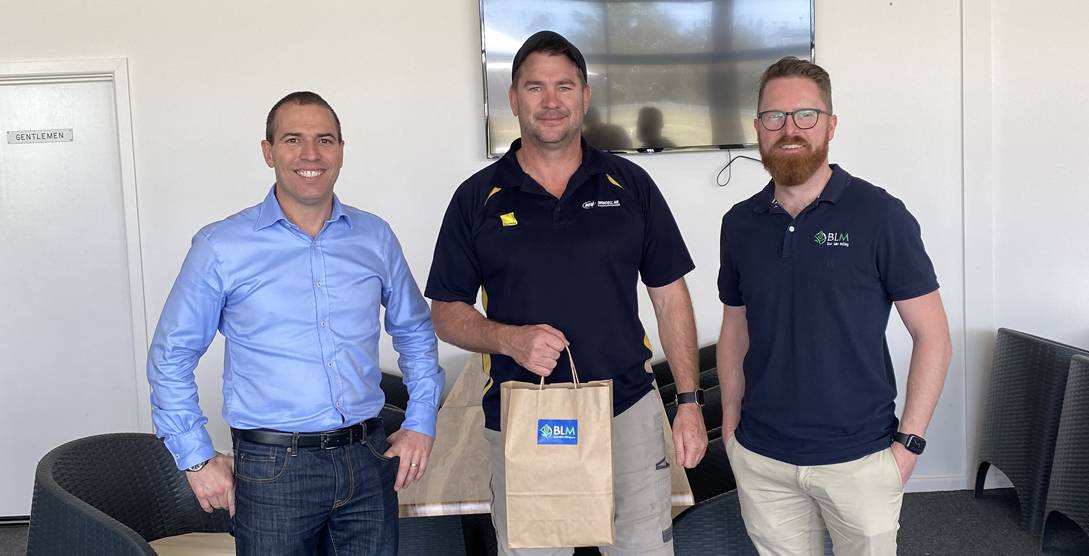Oat miller’s rally call for sustainability
Regular supply and regular competitive prices leading to long-term “sell partners” were key to a sustainable future for the oat milling sector.
Recent years of high farm gate prices and a weakening of demand has eroded confidence in the production, processing and marketing of milling oats.
Blue Lake Milling (BLM) chief financial officer Kevin Doyle, who recently met growers, said that the oat industry globally was still growing, but the domestic industry was “pretty flat”.
Growth was really going to come from exports.
He said Blue Lake had been in the business for a long time and wanted to continue to have a sustainable, long-term future.
Mr Boyle said the message to their contracted grower-partners was that the aim was for a stronger oat sector.
“We wanted to put more tools in the farmer’s toolbox for growing oats. It had been a little underdone compared with wheat and barley,” he said.
He said the ultimate aim was that farmers got a good yield and good gross margin and provided supply at a price that was globally competitive.
It had been a hard couple of years for processors with high prices and markets they normally sold into showing little interest at those levels.
He said Blue Lake had been in the business for a long time and wanted to continue to have a sustainable, long-term future.
Mr Boyle said the message to their contracted grower partners was that the aim was for a stronger oat sector.
“We wanted to put more tools in the farmer’s toolbox for growing oats. It had been a little underdone compared with wheat and barley,” he said.
Ultimately they wanted farmers to get a good yield and good gross margin and provide supply at a price that was globally competitive.
The high prices of the past two years had seen some previous captive markets go elsewhere.
Mr Boyle said the industry needed to act as a community to level out prices and take out the highs and lows.
“We want prices at a level that makes money for the farmer and give us a price that we can sell at and grow our business,” he said.
“We want Australian oats seen around the world.”
The company had recently invested in a new plant in Western Australia to drive its export business.
“It’s challenging in this climate, but we’ve managed to build volume and our customer base,” he said.
Driscoll Ag director and sales agronomist, Troy Driscoll, said the oat growing sector was “a niche” business.
He said Driscoll Ag had a number of growers in central Victoria contracted to grow and supply oats to BLM.
The company liaised with growers before and during the season as well as providing testing services during harvest.
Mr Boyle said the grower meetings allowed the company to see what was important to growers and how to support them better.
One was the lack of registered chemicals for oats.
He said the company also wanted to see what information its contracted growers could share with the rest of the partner-growers.
There were a number of acceptable milling oat varieties and growers needed to grow the variety that best suited their agronomic zone.
BLM wanted growers to be with them for the long term and the discussion was “open”.
Originally posted on Stock and Land




